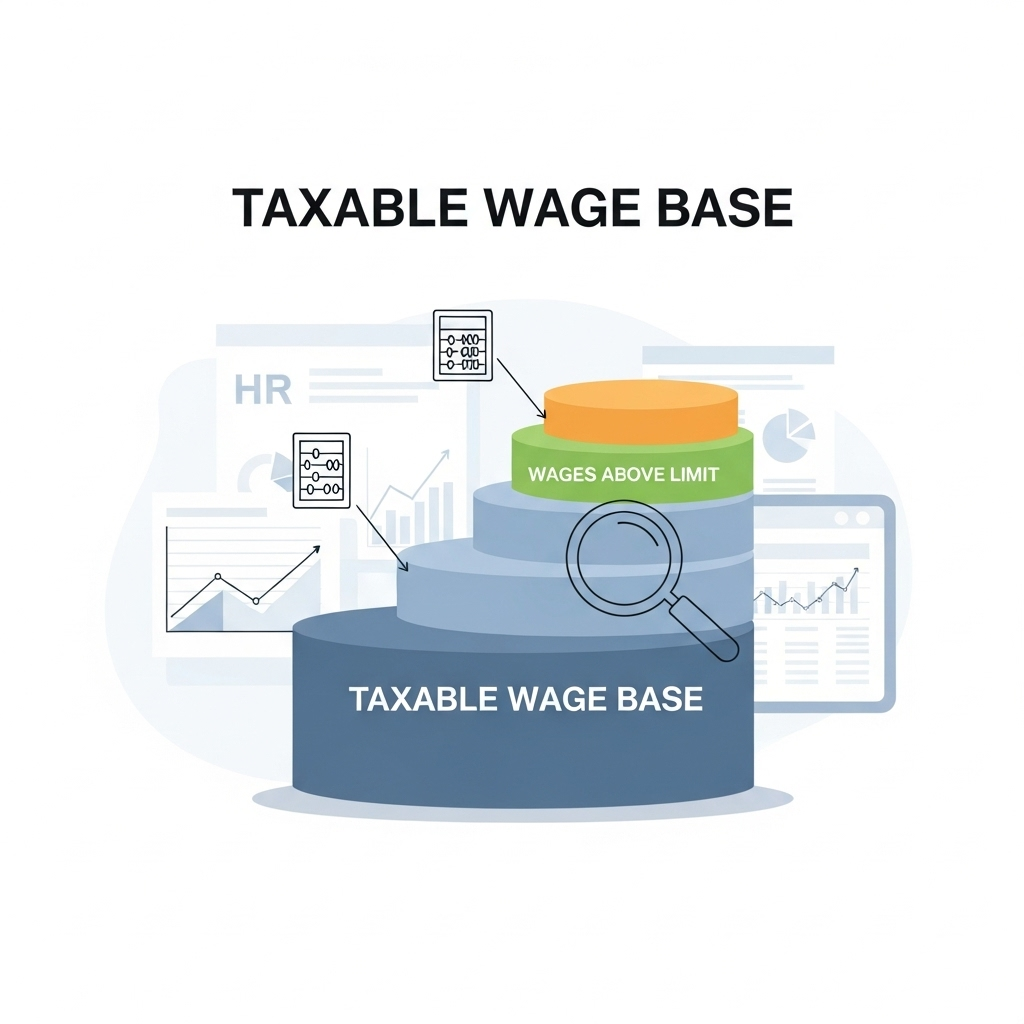Definition
A Diversity, Equity, and Inclusion (DEI) Policy is a strategic framework that organizations adopt to cultivate a workplace where individuals from diverse backgrounds feel valued, treated fairly, and included. It’s not just a set of guidelines; it’s a commitment to creating an environment where everyone can thrive—regardless of their race, gender, age, sexual orientation, or any other characteristic. By making DEI a priority, companies can foster a culture that respects and celebrates differences, driving innovation and engagement.
Key Components
Understanding the main elements of a DEI Policy is crucial for effectively implementing it in your workplace. Here are some key components that should be included:
- Non-Discrimination: A solid DEI Policy firmly prohibits any form of discrimination based on race, religion, gender identity, or any other protected characteristic. For example, when hiring, decisions should solely be based on qualifications and merit, ensuring a fair process for all candidates.
- Equal Opportunity: This emphasizes providing everyone with the chance to grow and succeed. For instance, if you have a mentorship program, actively encourage participation from underrepresented groups to ensure diverse perspectives are nurtured.
- Inclusive Workplace: Creating a culture where differences are not just tolerated but celebrated is key. You might host team-building activities that highlight various cultural traditions, helping employees appreciate each other’s backgrounds and fostering a sense of belonging.
- Training and Education: Providing ongoing training on DEI topics—like unconscious bias and cultural competence—can significantly enhance workplace dynamics. Consider offering workshops that encourage employees to reflect on their biases and learn about different cultures.
- Accountability: Everyone in the organization must be held accountable for promoting DEI principles. Establish clear reporting mechanisms so that if someone violates these principles, it is addressed quickly and effectively.
- Continuous Improvement: A DEI Policy should never be static. Regularly seek feedback from employees and stakeholders to refine and adapt your policy, ensuring it remains relevant and impactful.
Importance in the Workplace
Implementing a robust DEI Policy is not just a trend; it’s essential for the success of modern organizations. For instance, research shows that diverse teams are more innovative and better at problem-solving. Imagine a tech company developing software that caters to a broad audience. Without diverse perspectives, they might overlook critical user needs. Furthermore, a workplace that prioritizes DEI tends to have higher employee morale, which can lead to lower turnover rates and higher productivity. Employees who feel included are more engaged, which translates to better overall performance for the organization.
Best Practices
To make your DEI Policy effective, consider these best practices:
- Get Leadership Buy-In: Ensure that your leadership team is on board with DEI initiatives. Leaders should actively participate in training and champion DEI efforts to set a tone from the top.
- Conduct Regular Assessments: Periodically evaluate your DEI Policy’s effectiveness through employee surveys and audits. This helps identify areas for improvement and ensures transparency in your efforts.
- Foster Open Dialogue: Create safe spaces for employees to share their experiences and feedback regarding DEI. This could be in the form of regular town hall meetings or anonymous feedback tools.
- Celebrate Diversity: Organize events that celebrate various cultures and identities within your workforce. This not only educates employees but also builds camaraderie and appreciation among colleagues.
- Integrate DEI into Recruitment: Revise your hiring practices to promote diversity actively. This could include using diverse recruitment channels or employing blind recruitment techniques to minimize bias.
Legal Considerations
When crafting a DEI Policy, it’s important to stay informed about relevant legal considerations. Many countries have laws that protect against discrimination in the workplace, such as Title VII of the Civil Rights Act in the U.S. Understanding these regulations ensures that your policy not only promotes a fair workplace but also complies with legal standards. Consulting with legal experts during the development of your policy can help safeguard your organization from potential legal challenges related to discrimination claims.
Conclusion
Understanding and implementing a Diversity, Equity, and Inclusion Policy is vital for any organization aiming for success in today’s competitive landscape. By prioritizing DEI, you’re not just creating a welcoming environment; you’re also paving the way for innovation, employee satisfaction, and long-term success. Remember, a strong DEI commitment reflects the values of your organization and can be a significant driver of positive change. So, embrace these principles wholeheartedly—they’re not just policies, they’re a pathway to a brighter, more equitable future for everyone involved.




